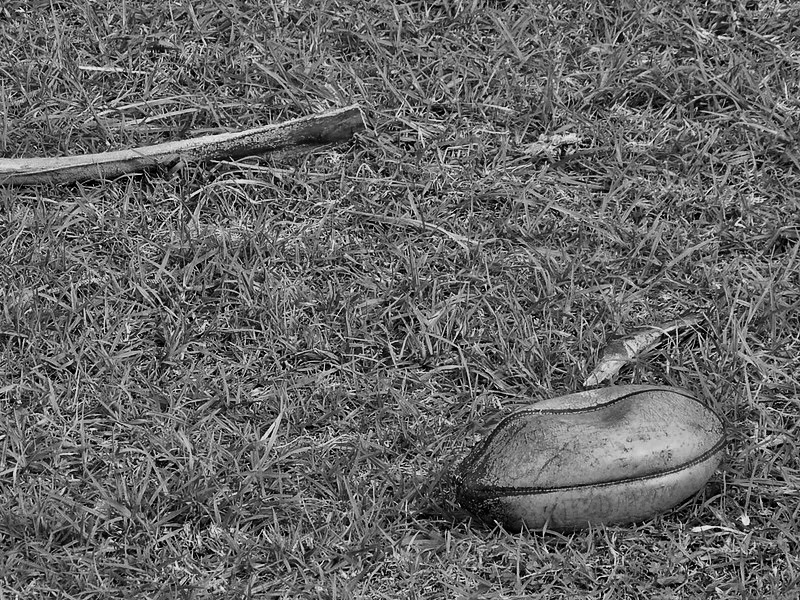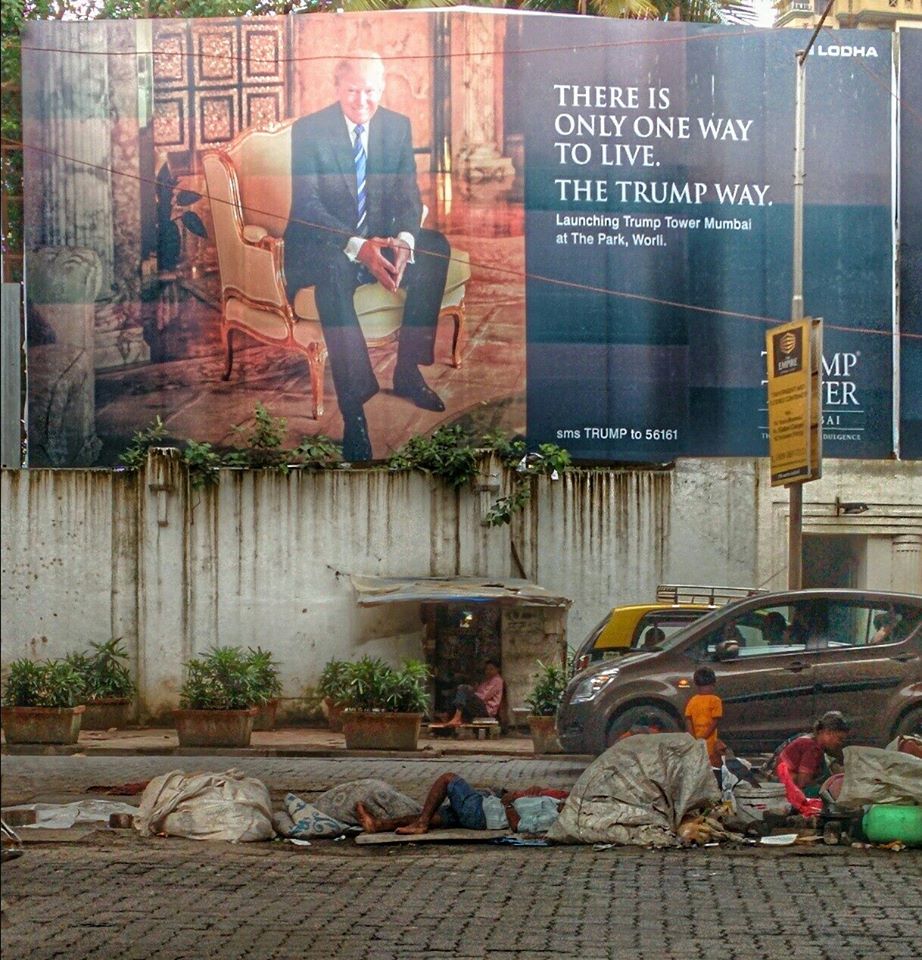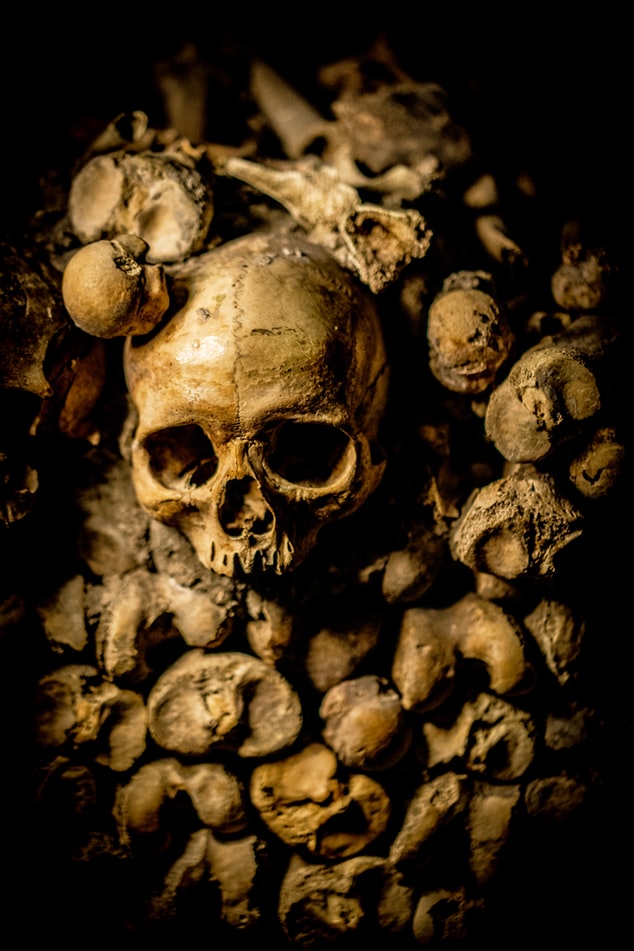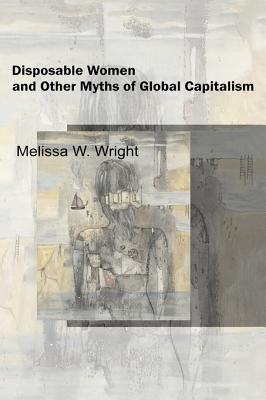Suburban Survival
By Myna Chang
My sleeping bag’s nestled in the drainage ditch where I used to play hide and seek. The new people living in our house don’t have any kids, so they don’t know the neighborhood’s good hiding places like I do.
I see them in our kitchen. Mom’s curtains are gone. The walls are blue now. They’ve painted over my height chart, too. Mom stood me against that door frame every birthday so she could mark my progress. She’d scratch the pencil into the soft wood and say, “Look how much you’ve grown, Timothy!”
– Age 6, 3 ½ feet
– Age 9, 4 ¼ feet
– Age 12, 5 feet
The door frame is clean white now.
I find my old foam football wedged in the holly bushes. Sun-bleached and ratty, it smells like mildew. I tuck it under my arm and saunter down Boxwood Lane like a kid who’s never had to sleep in an abandoned car. I toss the ball up, catch it, pretend to pass it downfield. I could be on the team, I could be the quarterback, I could be any boy heading to the park on a crackle-leafed fall afternoon.
“Timothy? Is that you?”
Mrs. Johnson sounds the same, all growly and sweet at the same time. My eyes blur.
The football was a birthday present, before Dad lost his job, before the bank took our house. Before I got lost in the crowd at the shelter.
Mrs. Johnson calls my name again. I hug the ball tight and run. Just like Dad taught me.
Our mailbox is filled with letters addressed to the new people. I take the envelopes, drop the boring ones in the gutter. I find one addressed to Mom, a form from my school asking if I’d be coming back this semester, if we had a forwarding address. I fold the paper with my name, keep it in my pocket.
A few days ago, I swiped a package from the mailbox. It had a wool scarf in it. Mom always tucked my old scarf into the collar of my coat, telling me, “Stay warm, sweetheart.” The new people’s scarf kinda itches, but it’s mine now.
• • •
The new man sits on the back porch tapping a laptop and scribbling on a pad of paper. His computer looks like the one I used to play games on. The woman calls for him. He sets his stuff by a computer bag and goes inside.
I duck under the loose board in the fence, race to the porch, shove his computer and pencil in the bag. I sling it over my shoulder and am about to run . . . but the door is open. There’s the kitchen. My kitchen.
I slip inside. Voices drift from upstairs. For a heartbeat, I imagine it’s Mom and Dad, that we’re still together, that we’re normal again.
I take the man’s pencil, step up to the door frame. Stand straight. Mark my height on the clean paint:
– TIMOTHY, AGE 14.
I can’t do the whole thing because I don’t know how tall I am now. “Happy birthday, anyway,” I whisper.
Then I run.
Myna Chang (she/her) is the author of The Potential of Radio and Rain (CutBank Books, 2023). Her writing has been selected for the Locus Recommended Reading List, W.W. Norton’s Flash Fiction America, Best Small Fictions, and Best Microfiction. She has won the Lascaux Prize in Creative Nonfiction and the New Millennium Award in Flash Fiction. She hosts the Electric Sheep speculative fiction reading series. Find her at MynaChang.com, and on Twitter & Bluesky at @MynaChang.
Photo credit: Michael Coghlan via a Creative Commons license.
A note from Writers Resist
Thank you for reading! If you appreciate creative resistance and would like to support it, you can make a small, medium or large donation to Writers Resist from our Give a Sawbuck page.





